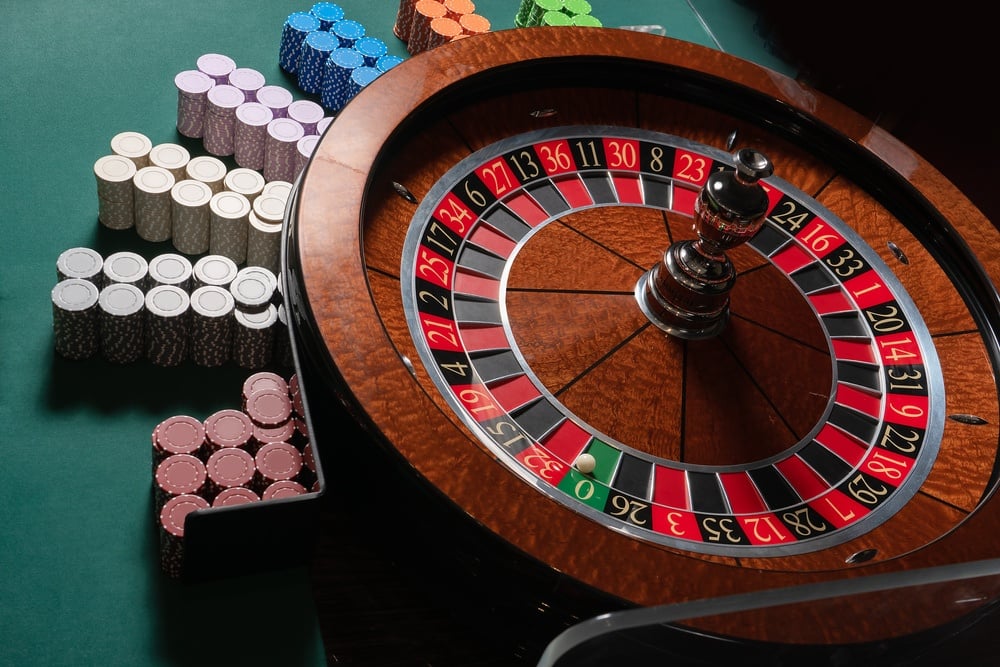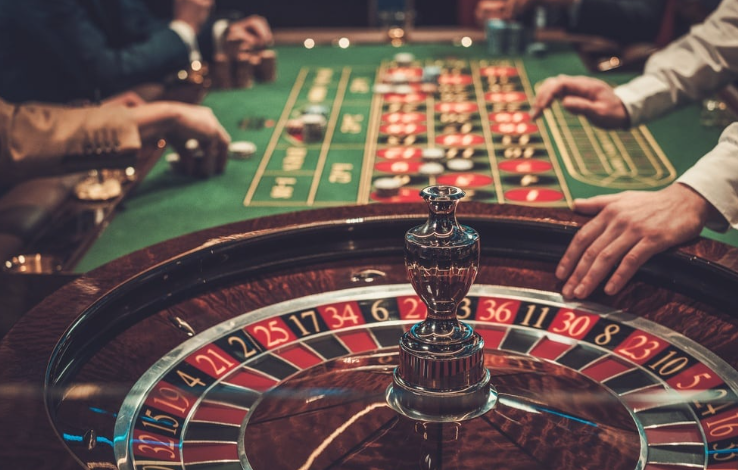How Many Numbers on a Roulette Wheel: What You’ll Learn
- Discover the Basics: Get a simple answer to the question ‘how any numbers on a roulette wheel’, including the different versions commonly encountered in casinos.
- Explore Variations: Learn about the key differences between the American and European roulette wheels, including the impact these differences have on your odds and gameplay.
- Understand the Number Layout: Uncover the specific arrangement and sequence of numbers on each type of roulette wheel to enhance your strategic approach.
- Identify Your Odds: Understand how the different number counts and layouts affect the house edge and your chances of winning.
- Strategize Your Play: Equip yourself with knowledge about how the wheel’s design influences betting strategies and overall game dynamics.
You would think the answer to ‘how many numbers on a roulette wheel’ would have a straight-forward answer. But the truth is roulette wheels do vary based on the version of the game and the wheel’s layout plays a significant role in the randomness of the winning number.
Before we dive into what makes the wheel so intriguing, here is a brief history of roulette, one of the most beloved games in both land-based and online casinos.

Image Credit: Mindscape studio/Shutterstock
How Many Numbers on a Roulette Wheel: A Brief History of Roulette
The modern version of roulette, which is French for “small wheel,” originated back in France in the late 18th century as a game with a spinning wheel featuring black or red pockets and a ball, which is rolled in the opposite direction, that eventually lands in one of the pockets.
Roulette is not played against any players, like poker, but rather against the house. Today’s roulette hasn’t changed all that much over the last 200 years and have a few variations which we’ll explore further in this article.
Is Roulette 100% luck?
Roulette is often seen as the epitome of chance in the gambling world, characterized by the spinning wheel and the iconic clatter of the ball as it makes its way to its final resting spot. But when it comes to determining whether roulette is 100% luck, the answer is not entirely straightforward.
While it’s true that the outcome of each spin is random and cannot be predicted with certainty, the broader experience of playing roulette involves a complex interplay of probability, strategy, and yes, luck.
The Role of Luck
At its core, roulette is a game of chance. Each spin of the wheel is independent, meaning the outcome is not influenced by previous spins. This randomness is what makes roulette so heavily reliant on luck.
Whether you’re betting on a single number, a color, or a range of numbers, there is no surefire way to predict where the ball will land. Every number on the wheel theoretically has an equal chance of being the winning number, dictated purely by random chance.
The Role of Strategy
While luck dominates the game’s outcome, strategy can play a role in how you place your bets and manage your bankroll. Players often employ betting systems like the Martingale or Fibonacci strategies to increase their chances of making a profit.
These strategies don’t alter the odds of the game but are designed to manage risk and potentially enhance winning streaks. The key distinction is that while strategy can influence how you play and potentially improve your experience, it cannot change the inherent randomness of the game itself.
The House Edge
Roulette also has a mathematical house edge, which ensures that over time, the casino will always have an advantage. In European roulette, with a single zero, the house edge is about 2.7%, whereas, in American roulette, with both a single and a double zero, the house edge increases to approximately 5.26%. This edge doesn’t affect the luck involved in a single spin but ensures that luck won’t favor the player consistently over the long run.

